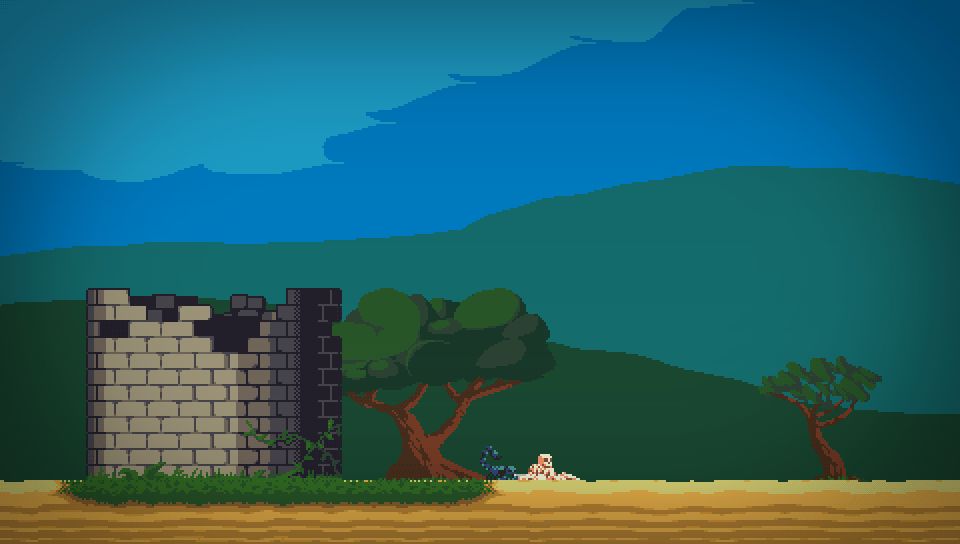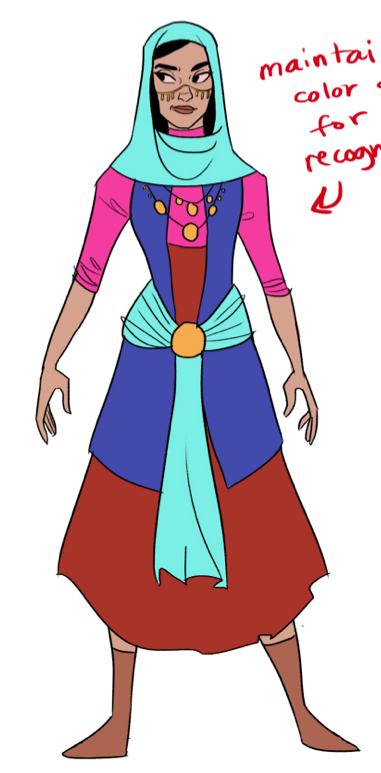What follows are solely my opinion. They worked out best for me, and may as
such not do so for anyone else. Hence, feel free to disagree.
@
taoofjord: Difficult to say. It depends on your passion, on your willpower,
whether you are true to yourself, whether you want to go the risk, whether you
are willing to trade something for your passion (something that hurts), whether
you are able to deal with all the consequences, whether you believe in
yourself (independently from what anybody else says), whether you rely on the
applause of others, whether you have a clear vision in your mind, and, most
importantly, whether you are able to give up the concept of security. There
is no security, neither for you, nor for your wife, nor for you kids (if any).
Never was, never will be. Once you see life happening day-by-day, any fear
will go away and it all comes together as one.
Hey everyone, I'm looking for a little advice on going from graphic design to programming at age 31.
Quick background:
I've been in love with games since I was a kid, am currently doing graphic design full-time and want to switch to software/app and game development. Game development in particular is where my passion lies (though more with smaller-budget games, not "AAA" stuff). I graduated with a B.S. a while ago in an unrelated field. I'm getting married soon and have a mortgage which makes this kind of drastic change quite risky and limits my ability to move or go to back to school full time. ...
Having a house is fine, but not on a mortgage. If you ever have studied the
concept of money, you would know that taking a credit is the worst thing you
can do, not only because you won't own the object of interest until
fulfillment, but because you will have to work for nothing (for the daily
interest you have to pay) and, even more important, because you have loaded
yourself with liabilities that will hinter you from making progress.
Liabilities holds you/anybody back. It's something you have to cut first on
any account. In short, never spend money you don't have.
I'm not saying that you have to sell your house, but if it is necessary to
realize your vision, then you may have do it. Don't attach your vision to some
bricks in a wall. This would be pretty much ridiculous.
... I recently starting learning Game Maker Studio, GML, and Python. Making my first game for the recent Game Maker game jam was some of the most pure fun I've had in years.
My goal is to be making games and entertainment/educational software. I've been really enjoying my first steps in Python and am thinking that becoming a programmer/software developer would be a good fit for me (giving me job security and the ability to pursue indie development)
So ...
Well, if you are serious about what you are writing, then you may already
know what to do no matter what. But anyhow...
... 1) Should I go back to school to get a degree in computer science? I understand it's not necessary to be a good programmer or to get hired but it might be the most effective choice if I could figure out a way to swing it (unfortunately, that might involve selling my house). ...
As you can imagine, making a master's degree in computer science takes power.
Leaving all the money aside, do you have the power going for about three to
four years pushing hard? Would your wife be up to the task supporting you
during this time on any account?
For one, you don't need a degree, but you may need the knowledge gathered.
Well, if anything, game development follows no strict patterns nor follows any
major rules. There is always a case where someone did exactly the opposite
while being very successful as well. So you won't need a degree for making
games, for sure, but you may perhaps need a degree for making certain types of
games which do rely on some very sophisticated stuff bringing the world alive
you're envisioning.
However, it's not the right question at all. Don't do a degree in computer
science because you want to make games. You will fall pretty short doing so.
Do a degree if you are inherently interested in how and why stuff works. There
are many interesting techniques in computer science you can bring to fruition
esp. within games - which is wonderful to say at least. But it's a long way.
Doing computercraft from the get-go is perhaps one of the most interesting
things from a technical point of view. It's an art form. You can create entire
different worlds knowing the tools of the trade from its roots.
To answer your question;
In general, if you have the time and money to effort learning something you're
most interested in, then do exactly this.
To study / to learn something is one of the highest goods we have.
Getting insights into something distinguishes from anything else. It's the
only thing moving you (no, not you, the one insight you) forward.
But then there are these game academies. If you're only willing to study for
just making games, you may better consider such a school.
... 2) Another option is to quit my day job and take a web dev boot-camp (I don't believe there are any boot-camps that focus on general programming). These are getting quite a bit of positive coverage lately. But... would learning ruby on rails and focusing on web dev help me transition to software/game development? I'm guessing not but I have to look into it. Regardless, I'm also not especially interested in web development. ...
Hell, no.
... 3) The "safe" route. Stick to Game Maker Studio and learn GML and make games whenever I can. I probably wouldn't have the time to both make games and learn how to program so I'd probably stop learning Python. I see this as most likely pursuing game development as a hobby that provides supplemental income, but who knows, after making a few good games maybe I'd pair up with a programmer and get more serious with it. ...
In general, don't do anything you don't want to do. I can't stress this
enough. People to it all the time, because they are in fear losing something.
If you want to learn programming, then do it. If you want to pursuing game
development to provide supplemental income, then do it. Go this road straight.
Passion only proofs itself while doing so.
In the end it just boils down to go for real of not.
That's it!
Btw; What type of graphics design you do? And; what type of games you are
interested in making?



















